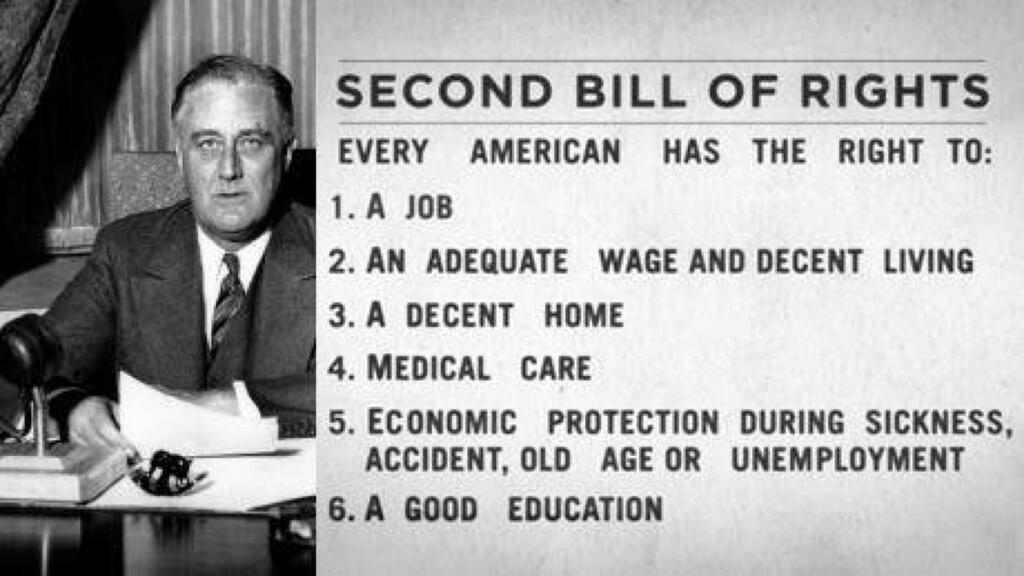HISTORY PASSAGES

Any young man or woman seeking to understand why Vietnam was our nation’s most unpopular and controversial war need look no further than the United States’ early involvement leading up to escalation of the war in 1964. Based on the fear of communist expansion and a policy of containment, our government undertook some decidedly ‘un-American’ actions including installation and support of unpopular governments, thwarting democratic elections
10
under the Geneva Conference, and misrepresenting the facts about a military confrontation in the Gulf of Tonkin on August 4, 1964 which directly led to escalation of the U.S. war effort.
Vietnam has a long history as an independent kingdom, a subjugate of China, a colony of France, and a rebellious state ruled by Japan during World War II. Communist Ho Chi Minh and the Viet Minh, the only Vietnam-wide political
20
organization capable of effective resistance to the Japanese, helped the U.S. fight Japan during WWII. In the fall of 1945, at the end of WWII, Ho Chi Minh sought independence for Vietnam, viewed the U.S. as a powerful anti-colonial ally and adopted a Declaration of Independence mirroring our own. He wrote to President Truman seeking humanitarian aid after a severe drought and French starvation policies resulted in the death of 2 million Vietnamese in 1945. At the same time,
30
France desired to recreate its colonial glory in Vietnam after WWII. The U.S. was faced with a decision to support an independent albeit communist government under the populist revolutionary Ho Chi Minh or France. Truman never replied to Ho Chi Minh. America’s communist containment policy did not contemplate a government that could be both ally and communist.
In October 1946 the French bombed North
40
Vietnam and began an eight-year war (the First Indochina War) against the Viet Minh for control of Vietnam financed largely by the U.S. government after 1949 including up to 80% of the cost by 1954. Plagued by costly defeats and unable to win popular Vietnamese support, the French withdrew in 1954 and agreed to peace at the International Geneva Conference which split the country temporarily along the 17th parallel and called for free national elections in 1956.
Fearing a void in pro-Western control, the U.S.
50
almost immediately placed Ngo Dinh Diem, a Catholic aristocrat who recently had been living in Lakewood Township, NJ to become the new leader of south Vietnam; a largely Buddhist nation. Recognizing Ho Chi Minh would likely win upcoming elections, President Diem refused to permit the free elections called for at the Geneva Accord and began
a campaign to repress pro Viet Minh supporters in the south. The U.S. provided military advisers and
60
$200 million in annual aid to Diem’s regime thus shifting from indirect support of an unpopular government under France to directly establishing and financing a government that refused free elections and did not represent the vast majority of Vietnamese people.
On the eve of August 4, 1964 President Lyndon Johnson announced on national television that the North Vietnamese launched “unprovoked” attacks on U.S. destroyer Maddox that directly led
70
to escalation of the Vietnam war for the next decade. Johnson’s televised message stated to the nation: “The initial attack on the destroyer Maddox, on August 2, was repeated today by a number of hostile vessels attacking two U.S. destroyers with torpedoes.” On August 7 Congress almost unanimously approved the Tonkin Resolution which authorized the president “to take all necessary measures” to prevent further aggression. Johnson interpreted this as an
80
open ended authorization to wage the Vietnam War.
In reality, however, no torpedo attacks occurred on August 4. At least one half of the incident that would lead to the president’s authorization to wage war in Vietnam was completely false. In addition, the exchange of fire on August 2 was not entirely unprovoked. The Maddox at the time had been acting as provocateur on a radio intercept mission closely bordering North Vietnam’s
90
nautical territorial limits. Moreover, on August 2 South Vietnam attacked North Vietnamese territory to the southwest of the USS Maddox’s position on a commando raid at the same time as the Gulf of Tonkin incident. In short, the United States entered into the Vietnam war based on false information and administration officials lied to the public.
Despite thwarting a free election, installing a puppet government and misleading the public, by
100
1965 the majority of Americans still believed the message from a 1965 Department of Defense recruiting film titled Why Vietnam?– it stated the U.S. was fighting to defend freedom and stop aggression. That perception changed by the late 1960s. It is up to the current generation to learn the lessons of Vietnam and, like the generation before them, ask hard questions of any current or future administration. For example, do parallels exist between “weapons of mass destruction” in
110
Iraq and the Gulf of Tonkin in Vietnam? Do the words “War on Terror” today replace “Communism” in the Cold War and will the consequences be similar?

This is a day of national consecration, and I am certain that on this day my fellow Americans expect that on my induction into the Presidency I will address them with a candor and a decision which the present situation of our people impels. This is preeminently the time to speak the truth, the whole truth, frankly and boldly. Nor need we shrink from honestly facing conditions in our country today. This great Nation will endure as it has endured, will revive
10
and will prosper. So, first of all, let me assert my firm belief that the only thing we have to fear is fear itself—nameless, unreasoning, unjustified terror which paralyzes needed efforts to convert retreat into advance. In every dark hour of our national life a leadership of frankness and of vigor has met with that understanding and support of the people themselves which is essential to victory. And I am convinced that you will again give that
20
support to leadership in these critical days.
In such a spirit on my part and on yours we face our common difficulties. They concern, thank God, only material things… a host of unemployed citizens face the grim problem of existence, and an equally great number toil with little return. Only a foolish optimist can deny the dark realities of the moment.
And yet our distress comes from no failure of substance. We are stricken by no plague of
30
locusts. Compared with the perils which our forefathers conquered because they believed and were not afraid, we have still much to be thankful for. Nature still offers her bounty and human efforts have multiplied it. Plenty is at our doorstep, but a generous use of it languishes in the very sight of the supply. Primarily this is because the rulers of the exchange of mankind’s goods have failed, through their own stubbornness and their own incompetence, have
40
admitted their failure, and have abdicated. Practices of the unscrupulous money changers stand indicted in the court of public opinion, rejected by the hearts and minds of men.
True they have tried, but their efforts have been cast in the pattern of an outworn tradition. Faced by failure of credit they have proposed only the lending of more money. Stripped of the lure of profit by which to induce our people to follow their false leadership, they have resorted
50
to exhortations, pleading tearfully for restored confidence. They only know the rules of a generation of self-seekers. They have no vision, and when there is no vision the people perish.
Yes, the money changers have fled from their high seats in the temple of our civilization. We may now restore that temple to the ancient truths. The measure of that restoration lies in the extent to which we apply social values more noble than mere monetary profit.
60
Happiness lies not in the mere possession of money; it lies in the joy of achievement, in the thrill of creative effort. The joy, the moral stimulation of work no longer must be forgotten in the mad chase of evanescent profits. …Small wonder that confidence languishes, for it thrives only on honesty, on honor, on the sacredness of obligations, on faithful protection, and on unselfish performance; without them it cannot live.
Restoration calls, however, not for changes in
70
ethics alone. This Nation is asking for action, and action now.
Following these excerpts from Democrat Franklin D. Roosevelt’s first presidential inauguration speech, over the course of two separate decades, he led the country successfully out of the nation’s deepest economic crisis as well as World War II to become a global superpower. Roosevelt is today justifiably considered one of the greatest president’s in our nation’s history
80
and he was also one of the most popular having been elected four times. Yet within two years of his death in 1945 the Republican party passed the 22nd amendment limiting the presidency to only two terms despite the example of FDR, the only president in nearly two centuries to serve more than two terms despite the lack of a written term limit.
